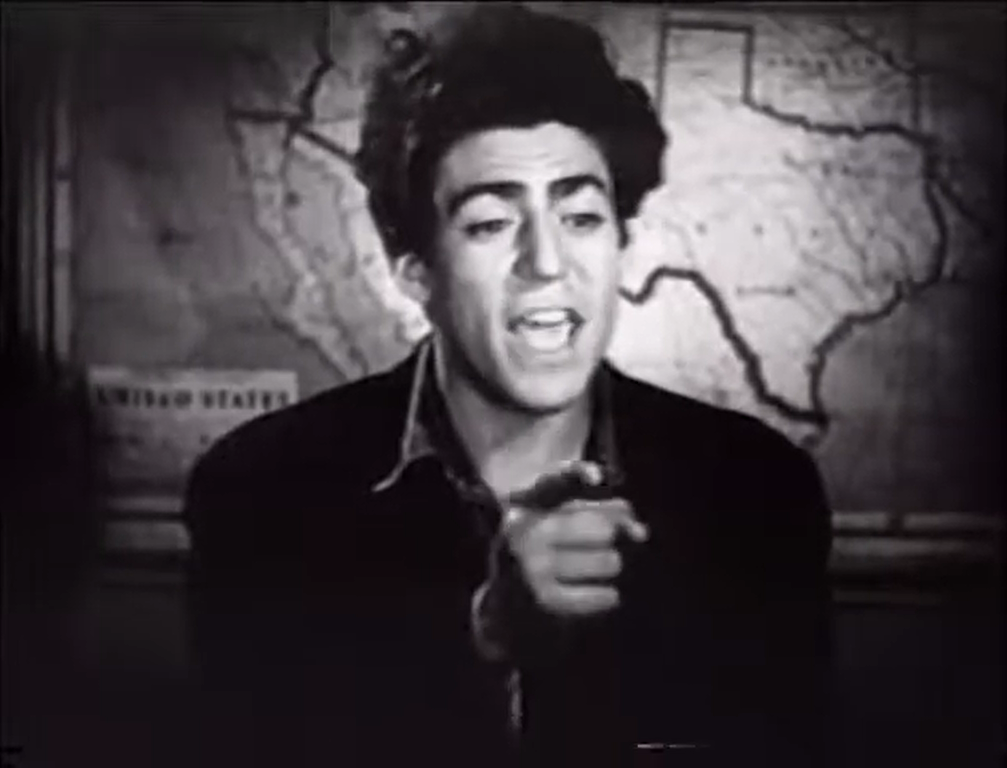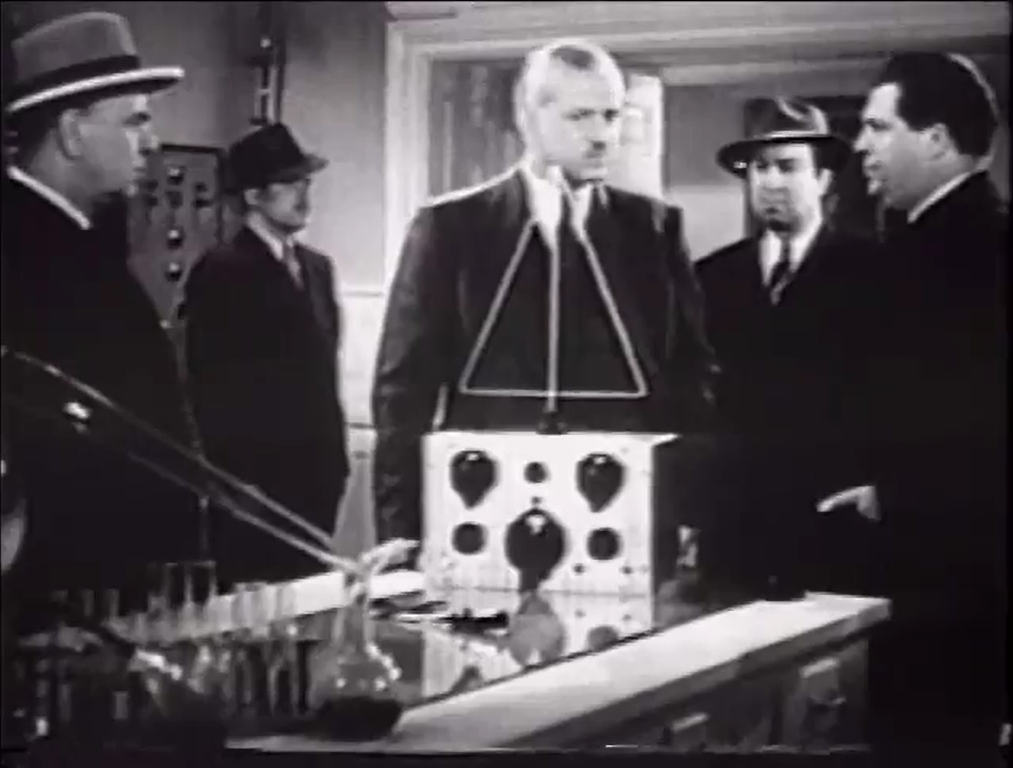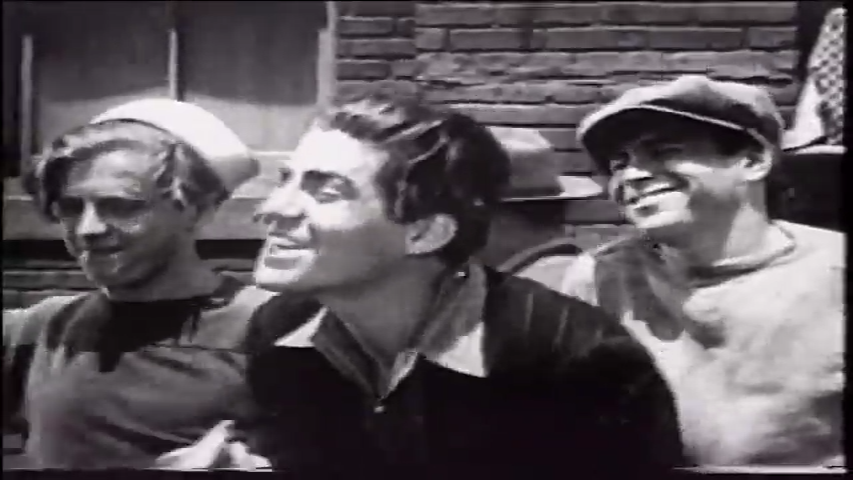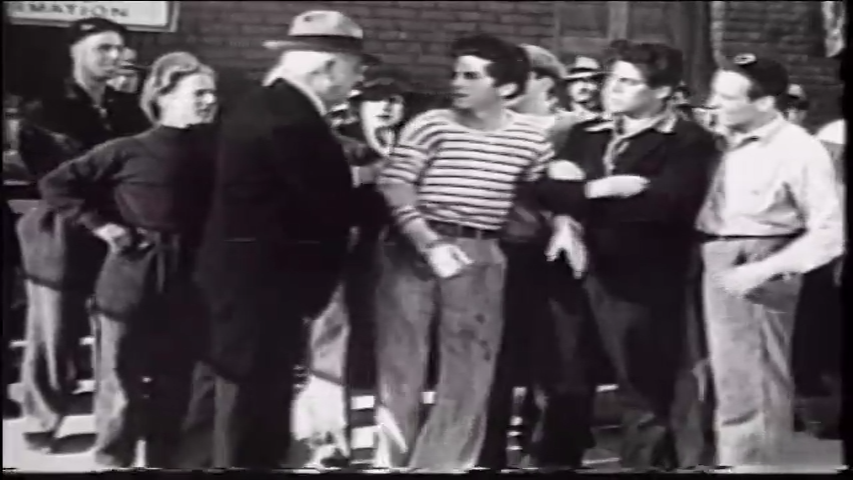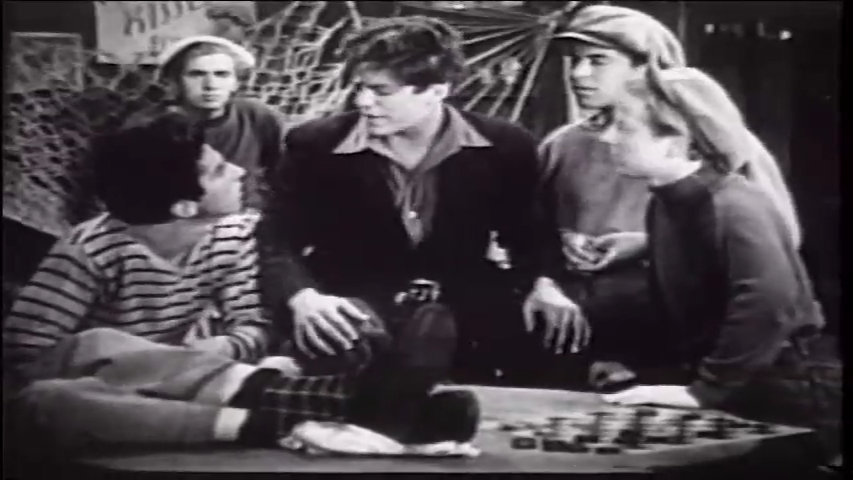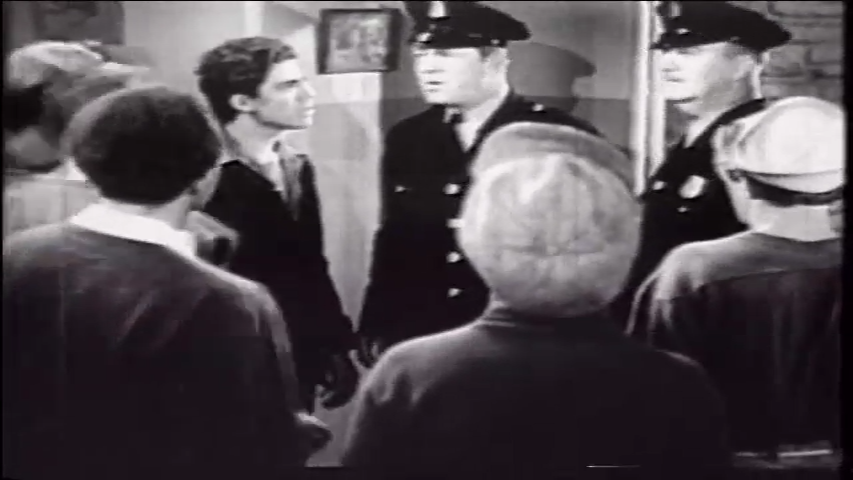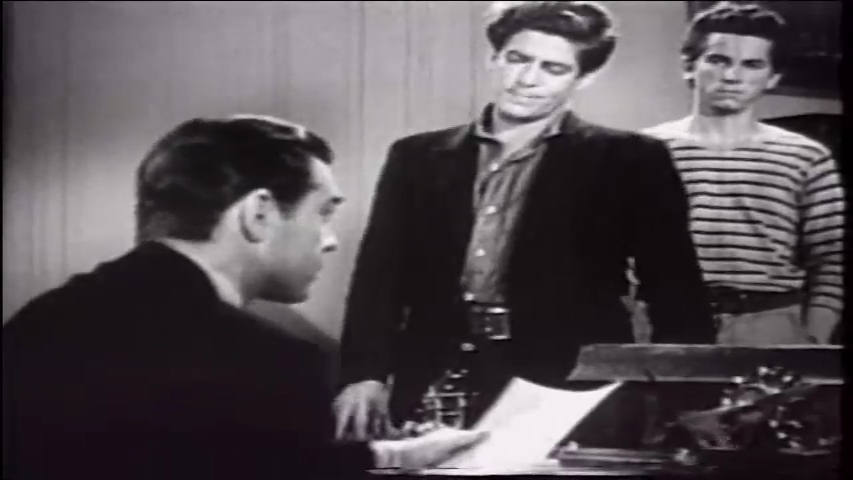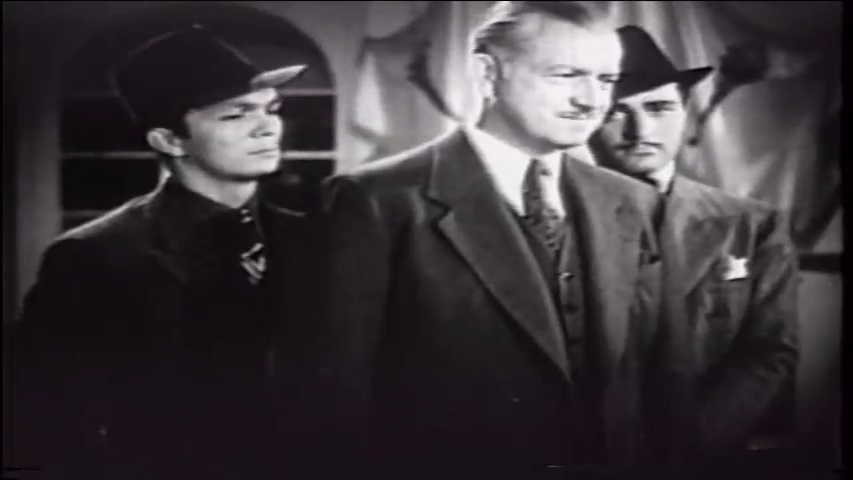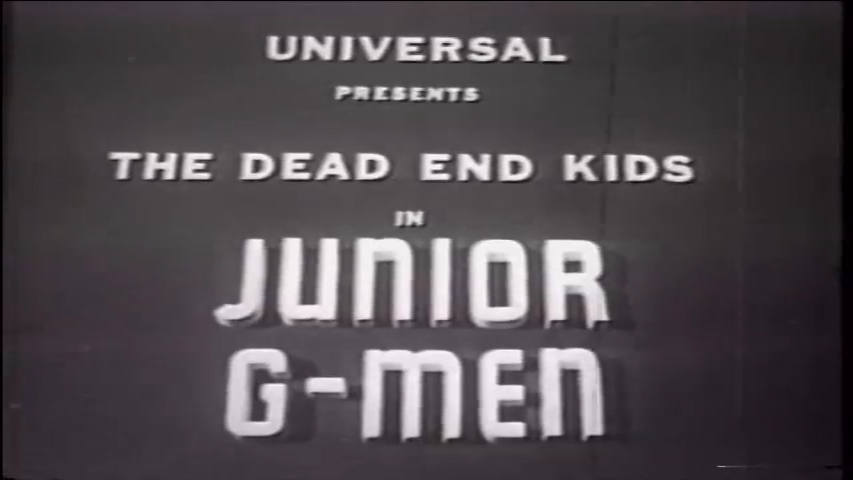
#414 – Junior G-men (1940)
Junior G-Men (1940)
Film review #414
Directors: Ford Beebe, John Rawlins
SYNOPSIS: A group of street-wise kids led by Billy Barton are caught up in the deadly scheme of the “Order of the Flaming Torch” to sabotage and disrupt the government with the help of foreign agents to replace the government with their own men. F.B.I. agent Jim Bradford wants Billy’s assistance in locating his Father Colonel Robert Barton, who Billy hasn’t seen for five years, and who Brad ford believes is being held hostage by the Order. Billy and his gang are reluctant to help out any authority figures, and Bradford suggests they join up with his nephew Harry Trent, who is leading a group of junior G-men in town to aid the investigation…
THOUGHTS/ANALYSIS: Junior G-Men is a 1940 movie serial and the first of three starring the group of young actors referred to as the “Dead End Kids” and the “Little Tough Guys,” who starred in a number of films together. The serial starts off showing the gang of kids going round town being general nuisances. In the first few minutes, we see them steal, cause a car chase, start a fight, and generally just create chaos in their neighbourhood. From the start, these kids are not very likeable with their flagrant disregard for anyone else’s wellbeing but their own, and their constant hostility to any kind of law enforcement. An F.B.I. G-man named Jim Bradford questions Billy Barton, the leader of the boys, about the disappearance of his Father, and asks for Billy’s co-operation to find him. Again, the kids are aggressive and hostile about helping any “copper,” and leave. Jim Bradford suggests his nephew Harry Trent, a junior G-man, attempts to train the boys to take on the Order with them instead. Billy and the boys are initially hostile to this as well, but gradually start to work together with them to take down the “Order of the Flaming Torch” who have kidnapped Billy’s Father. The serial clears the antagonism between the characters eventually and it settles down into the usual hi-jinks of chases and fistfights that are expected of the format. The street kids also get to learn about the different techniques that the g-men use to investigate crimes, which leads to a blend of the street-wise and the methodical that works well.
The cast of characters are somewhat different to what you usually get in these serials. Billy Barton and the street-wise kids are certainly a contrast to the square-jawed, cowboy-esque men that are typically the stars of these serials as portraying a typical all-American heroism. Instead, Billy and his gang are rough-looking, unkempt and hostile to the law. The theme of the serial is, like many of the serials of the time, centred around the theme of spies, sabotage, and “bewaring the enemy within.” Billy and the gang are persuaded to put aside their contempt of the law for the sake of patriotism and their country. I think perhaps this serial was aimed at the rebellious younger generation in order to convince them to do the same thing in war-time as when this serial was released in 1941. Other than Billy, most of the other kids don’t get much screentime or dialogue apart from Lug, who provides the comic relief. Jim Bradford provides the more typical hero role that you usually see in these serials. Harry Trent as the junior G-man who is around the same age as the kids provides a good counter-act to Billy, and watching the two learn to work together gives the serial a good flow and sense of development as the serial unfolds. The villains are nothing special, but their interactions with their hostage Robert Barton (Billy’s Father), who is constantly trying to outwit them and escape, provides a source of ongoing tension. Outside of these characters, there’s nothing else worth mentioning; there isn’t even a single female character in the roster, other than Bradford’s secretary, who has maybe two or three lines.
Overall, Junior G-men is something a little different in the format, which is a rare thing. The main characters are not the typical heroes; they are rude, aggressive and at the beginning very unlikable. As the serial goes on, it settles into a more traditional flow as the kids ally themselves with the G-men. There’s enough going on at all times to maintain interest for the viewer, and a mix of different situations across the fairly large cast means the story moves along across all these characters equally well. On the negative side, as mentioned the kids are in the beginning rather unlikeable, but they do settle into the role later on. Also the action is a little crowded and uncoordinated, as sometimes the whole gang of kids get involves in a fight which makes it difficult to keep track of. The action scenes and cliff-hangers are nothing spectacular, but overall it’s nice to see something a little different from this format.


